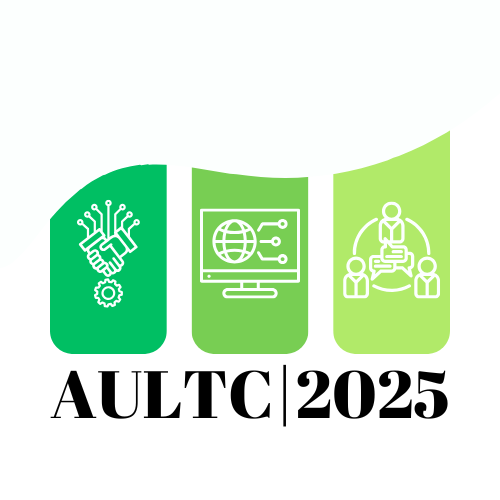
On Tuesday 8 April, we co-hosted our latest Mini Conference with colleagues from Careers and Employability Services. We hosted 50 attendees from across the University and had 5 sessions.
Materials from the conference are now available on our webpages.
The conference started with a welcome from Professor Anwen Jones, Pro Vice Chancellor for Education and Student Experience. Following Anwen’s address, Dr Aranee Manhoaran from Kings College London gave a fantastic keynote. In her keynote, Aranee identified an Employability framework that can be applied to the curriculum. As well as this, strategies were given regarding how to map this framework onto the curriculum to review assessment.
Dr Saffron Passam from Psychology gave a presentation which focused on Equality, Diversity, and Inclusion as an integral employability skill.
Dr Louise Ritchie from Theatre, Film and Television Studies gave an overview of how the Drama and Theatre Curriculum partnered with the Careers and Employability Service to improve visibility and graduate outcomes.
The School of Education’s Annabel Latham outlined innovative assessment design with the Careers and Employability Service. The assessment included workshops, poster creation, and a post assignment discussion.
Finally, Careers and Employability Services’ Bev Herring and Jo Hiatt recapped the morning’s event and ran an interactive presentation for colleagues to reflect on how comfortable they felt integrating employability skills into their curriculum.
A big thank you to our presenters for such engaging sessions and to those who attended.
We’re looking forward to our next Mini Conference. In the meantime, colleagues can book onto the Annual Learning and Teaching Conference which is taking place between 8 and 10 July.








